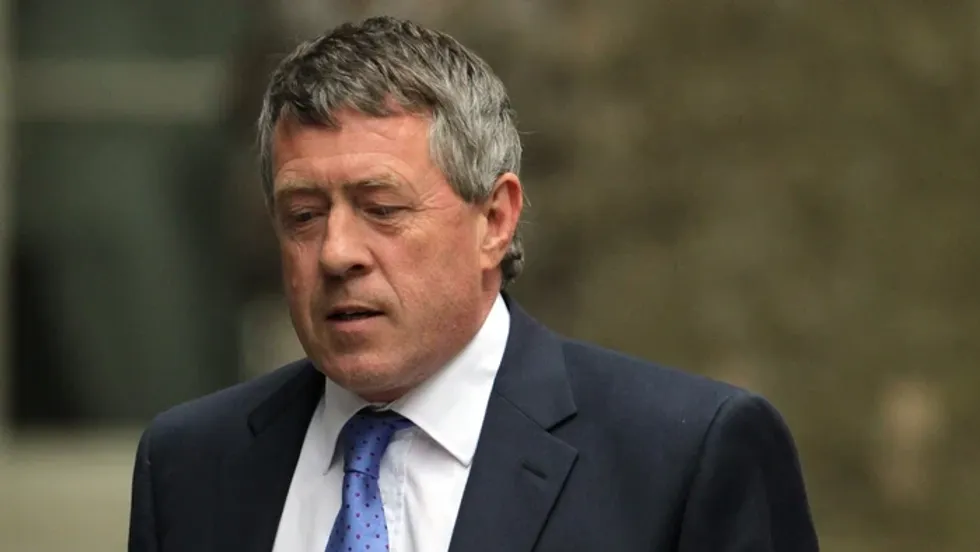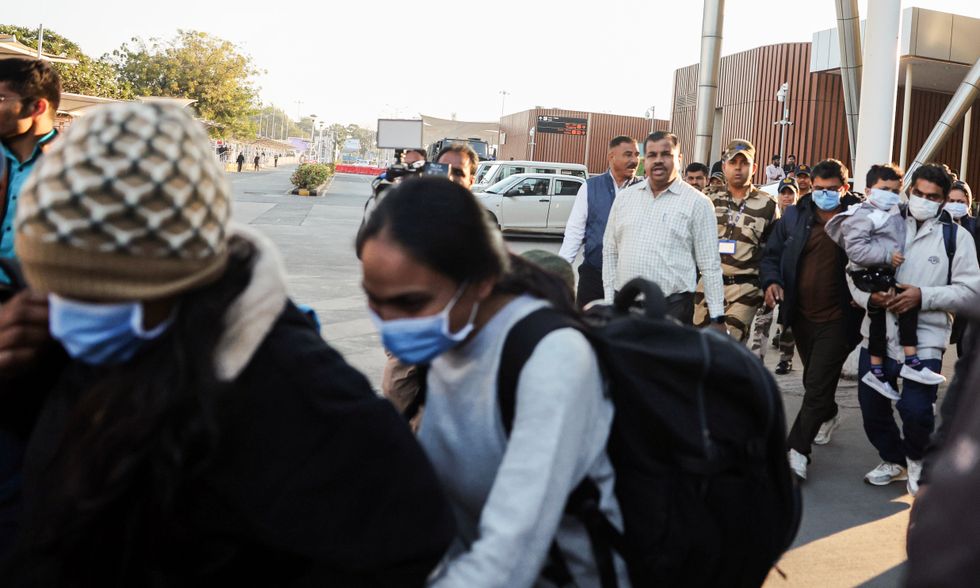THE UKRAINE war has forced India to focus its military spending more on fostering domestic industry - as Russia, its largest supplier - prioritised its domestic needs, a new report said on Tuesday (13).
As a result of the conflict, New Delhi set aside a record 75 per cent of procurement spending on local sources, the Military Balance report for 2024 by London-based geopolitics thinktank, the International Institute for Strategic Studies (IISS), said.
"In 2023, New Delhi faced ongoing challenges from China on the Himalayan border, increased naval presence from China in the Indian Ocean, and concerns about Pakistan supporting anti-Indian terrorist groups. Prime minister Narendra Modi's government took steps to improve India's own defence industry, especially after Russia invaded Ukraine," the report said.
"Russia supplies a majority of arms to India, but western sanctions on Russia and its own military needs made it harder for India to get equipment.
"Still, India relies heavily on Russian equipment, so it's important to maintain a good relationship with Moscow.
"In May 2023, the defence ministers of India and Russia found a way for India to pay for Russian military gear despite sanctions. They also agreed for India to make more Russian equipment locally.
"At the same time, India kept buying defence systems from the west, like MQ-9B UAVs from the US and more submarines from France."
According to the report, Asian countries have intensified their defence focus, mainly due to China’s growing power and strategic extroversion in the region. In terms of defence budgets in 2023, India stands fourth, with a spending of $73.6 billion (£58.42bn), which represents a 13 per cent increase over the previous year. China stands second, after the US, with a budget of $219.5bn (£174.23bn).
The report highlighted that faster growth in government revenues helped India to expand military spending, despite raised debt levels.
India remains the second largest defence purchaser in Asia, at 14.4 per cent, after China at 43 per cent.
India’s armed forces are mainly orientated toward addressing security concerns and territorial disputes with Pakistan and China, though large numbers of paramilitary forces remain employed in internal security, the report's authors said.
"India is looking to improve military infrastructure on its northern border. Mutual reaffirmation of the 2003 ceasefire agreement between India and Pakistan reduced conflict across the Line of Control in the disputed region of Kashmir. The government is increasingly focused on Indian Ocean security, which includes upgrading naval capability," the report said.
"Recent Indian imports of foreign equipment have primarily been from the US and France. India and the US signed a defence and technology cooperation agreement in 2023 as part of wider efforts to strengthen security ties."
However, Delhi's efforts to modernise military ammunition have faced setbacks, experiencing both delays and budgetary increases. The government's 'Make in India' strategy, intended to bolster the defence industry, is advancing slowly, the report added.
India and Pakistan are the main submarine-operating navies in south Asia, although Bangladesh has recently acquired a nascent capability with two ex-Chinese Ming-class boats, the report noted.
"Last year, the Indian Navy put into service the fifth submarine of the Kalvari class. The last one is set to be operational in 2024, alongside the Arighat, the second submarine of the Arihant class that carries ballistic missiles. India plans to have a fleet of at least 18 conventional submarines, although the progress of its Project 75I program is uncertain, with Germany potentially joining as a supporter.
"Additionally, Delhi aims to have four nuclear ballistic missile submarines (SSBNs) and six nuclear-powered general-purpose attack submarine (SSNs). Apart from acquiring new vessels, India plans to upgrade its first locally developed air-independent propulsion (AIP) system on the lead Kalvari submarine, possibly during a refit in 2024.
"Meanwhile, the Pakistan Navy announced progress on its Hangor-class submarine project in early 2023. This fleet, comprising eight vessels with AIP technology, is based on China’s Type-039A submarines and is intended to replace Pakistan’s aging French-built submarines."
The report added, "China, Australia and the two antagonistic neighbours on the Korean Peninsula are pursuing major upgrades of their submarine capacities. Indonesia is expanding its fleet of such vessels, and Singapore is introducing new submarines to replace older models it will phase out."
Globally, military expenditures increased by nine per cent to achieve a historic high of $2.2 trillion (£1.75tn), partly due to NATO member countries increasing their budgets in response to Russia's aggression towards Ukraine.
Although Russia is typically identified as the primary threat in the western strategy updates, Germany, the UK and others are also signaling a more cautious approach toward China, the IISS report added.






 John Denham
John Denham














 Indian immigrants who allegedly illegally migrated to US arrive in Ahmedabad. (ANI Photo)
Indian immigrants who allegedly illegally migrated to US arrive in Ahmedabad. (ANI Photo)